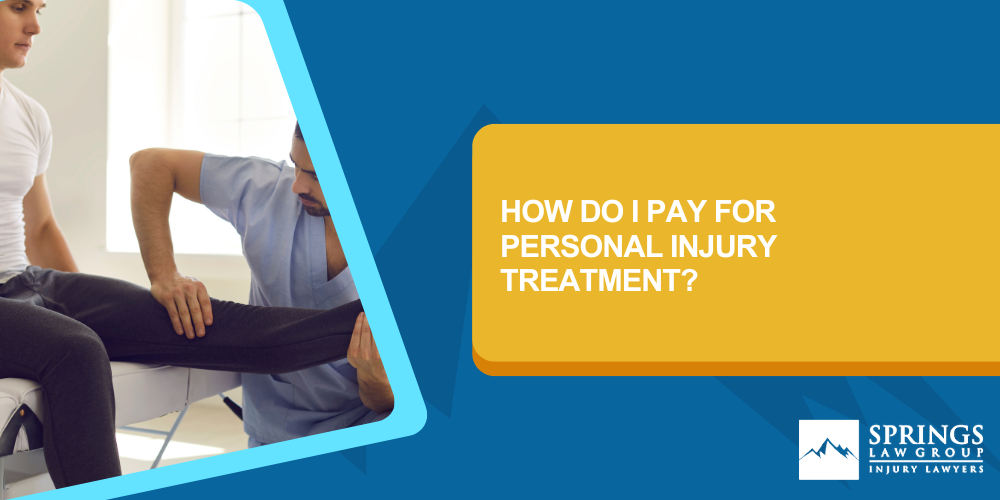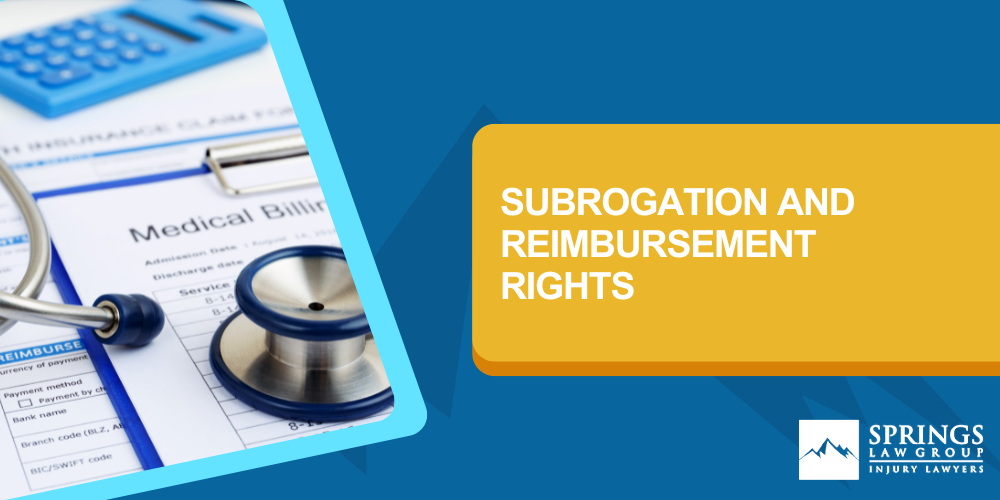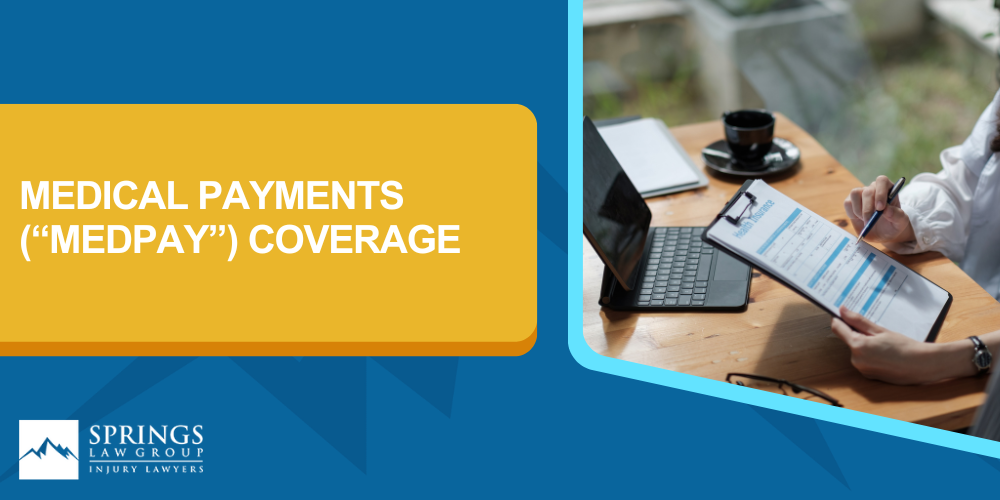How Do I Pay for Personal Injury Treatment?

When you have been injured by the carelessness or negligence of another, you will need medical treatment. There are a number of ways to pay for such treatment, and each has its advantages and disadvantages.
Subrogation and Reimbursement Rights
In analyzing your options, it is important to understand the concept of subrogation and reimbursement rights. “Subrogation” basically means “substitution”: it is a principle that provides an insurer that has paid for a loss under an insurance policy has certain rights and remedies as a substitute for the insured against a third party with respect to a given loss covered by the policy.
Basically, subrogation gives an insurer—such as a private health insurer, Medicare, Medicaid, Tricare, etc.—the right to be paid back—or reimbursed—out of whatever money you recover from the person who caused your injury, or their insurance company on their behalf.

To illustrate by example, suppose your health insurer pays for $10,000 worth of treatment related to injuries you sustained in an auto accident. If you go to trial and the jury awards you $40,000, your health insurer has a $10,000 subrogation right, meaning you will need to pay back the insurer that amount (unless you negotiate a different amount or a law provides you do not have to pay it back).
There are some legal doctrines and statutes that may help you negotiate down or eliminate a subrogation or reimbursement right, depending on which state and federal laws apply. Thus, you may be able to pay something less than 100% of the total amount. An experienced personal injury such as those at Springs Law Group should include negotiation of subrogation and reimbursement rights in its scope of representation.
Medical Payments (“Medpay”) Coverage
Medical payments coverage, which is often abbreviated “medpay” or “med-pay,” is a type of insurance you can buy for yourself, usually as part of a larger policy, such as an auto, home, or business policy. One of the unique aspects of medpay coverage is that you do not have to prove that someone else was at fault for your injuries; medical payments coverage pays for medical costs regardless of fault, even if it was your own fault.

Once disadvantage of medpay is that it usually is not enough. In our experience, if someone actually pays for medpay coverage, which isn’t common, the coverage is limited to $5,000. In a serious accident, $5,000 won’t even cover the hospital visit.
Another advantage of medpay, at least in Colorado, is that, for policies issued or renewed after 2009, a medpay insurer does not have a subrogation or reimbursement right, so you will not need to pay those amounts back out of any settlement or judgment.
Health Insurance, Including Medicare and Medicaid

You can use your own benefits under health insurance you or your employer has purchased, or Medicare or Medicaid, for treatment of your accident-related injuries. Keep in mind, however, as noted above, that you’ll usually need to repay the insurers or Medicare/Medicaid out of any money you recover. Another disadvantage is that your benefits might not cover the treatment in question, or they might only cover a percentage of the bill, such as 50% of the chiropractor’s bill, or will only cover a limited number of visits per year. You will also be responsible for all copays, which seem to constantly be creeping up every year, especially for specialists. Your insurer or Medicare/Medicaid might also restrict who you can see for your injuries.
Treating on a Lien
If the treatment you need is not covered by insurance, or you don’t have insurance, you may be able to find a provider who will treat your injuries “on a lien.” Treating on a lien means that the provider will treat your injuries, but you do not have to pay them immediately; instead, in exchange for your agreement to repay them out of the settlement or judgment, they agree you do not have to pay immediately, but can pay once you recover. This arrangement should be memorialized in writing. Most providers will require that your attorney sign the lien to ensure repayment.

Because the treatment provider is accepting a risk that you won’t pay them, not all providers are willing to treat on a lien. An experienced personal injury attorney should be able to put you in contact with a provider willing to treat on a lien. The attorney isn’t telling you where you must receive treatment; they are helping you locate treatment you wouldn’t otherwise be able to afford.
Injury Finance Companies

There are companies that will lend you money to receive appropriate treatment for your accident-related injuries, with your promise to pay them back out of whatever you recover. They will almost certainly require you sign a lien giving them the right of reimbursement out of your settlement or judgment. Injury finance companies are especially helpful when the treatment is expensive, such as injections, because they may have a greater tolerance for risk than treatment providers. In Colorado, your attorney cannot legally lend you money for treatment; thus, in some circumstances, an injury finance company is your best (or only) option for obtaining accident related treatment.
Your Own Pocket
You can always pay for treatment out of your own pocket. Sometimes, that is your only option. However, unless you have tens of thousands of dollars set aside for such, you probably cannot afford to fund your own treatment. Modern health care is far too expensive for 99% of us to afford to pay out-of-pocket.

Another problem with trying to pay for treatment out-of-pocket is that resolving a personal injury claim can take months, if not years, depending on the facts of your case and whether you have to file litigation to get paid. As a result, you are not reimbursed for that time, which causes a lot of people to go into debt or take hits on their credit while waiting for a settlement or judgment. Insurance companies know this and use it as a strategy for creating a situation in which you are desperate to settle rather than holding out for the most money possible.
Conclusion

Our recommendation is that you find an experienced personal injury lawyer to review your treatment funding options. At Springs Law Group, we offer a free consultation in which we can discuss your unique financial needs and abilities and create a strategy to ensure you get the reasonable and necessary medical treatment you need to recover from your accident.
